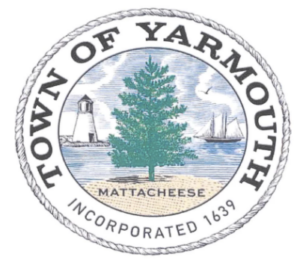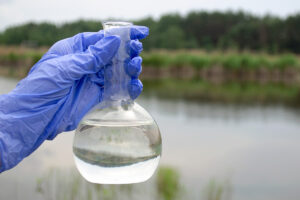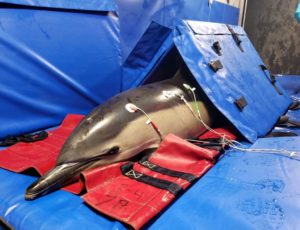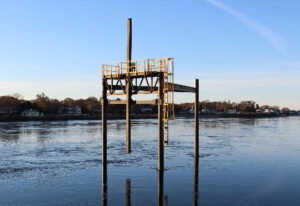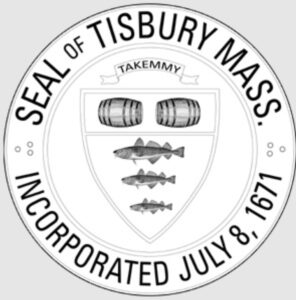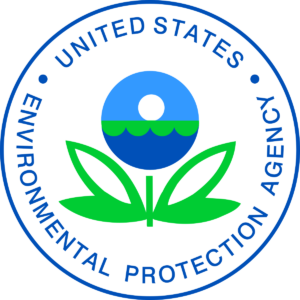
BOSTON – The EPA and the New England Aquarium recently teamed up to present the carbon-capturing benefits of seagrass meadows and salt marshes in the struggle to protect regional coastlines from the effects of climate change.
The collaboration between the two bodies inspired a temporary installation at the aquarium displaying extensive research and mapping of “blue carbon,” or carbon sequestered in coastal marine habitats like salt marshes, seagrass meadows, and mangroves stretching from New York to Maine.
Scientists laud the carbon-storing potential of these crucial habitats, which can store more carbon than an equivalent area of land-based forest, to play a key role in the crafting of a regional climate plan, but the threats posed to these sites by coastal development and rising shorelines have raised concerns regarding their protection.
“These habitats accumulate large quantities of carbon, and can store it for centuries if left intact,” said David W. Cash, EPA Regional Administrator for New England. “If we lose these habitats, and their capacity to remove carbon, we also lose our first line of defense against coastal flooding, which often affects disadvantaged communities first and worst.”
Twenty-nine scientists representing numerous agencies, universities, and non-profits combined to gather the data showcased at the installation in an EPA report as part of the New England Blue Carbon Inventory Workgroup.
“Blue carbon habitats have the power to help combat climate change, while serving as critical hubs for marine biodiversity,” said Dr. Letise LaFeir, Chief of Conservation and Stewardship at New England Aquarium.
“Preserving and restoring blue carbon habitats supports marine species like sea turtles, fish, and shellfish that rely on them for food sources or nurseries, while also naturally capturing carbon, reducing flooding, and providing other important benefits,” she said.
“The Aquarium is pleased to partner with the EPA to educate guests about blue carbon habitats and the need to protect them for future generations.”
To learn more, click here.




